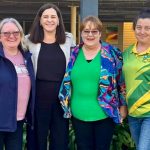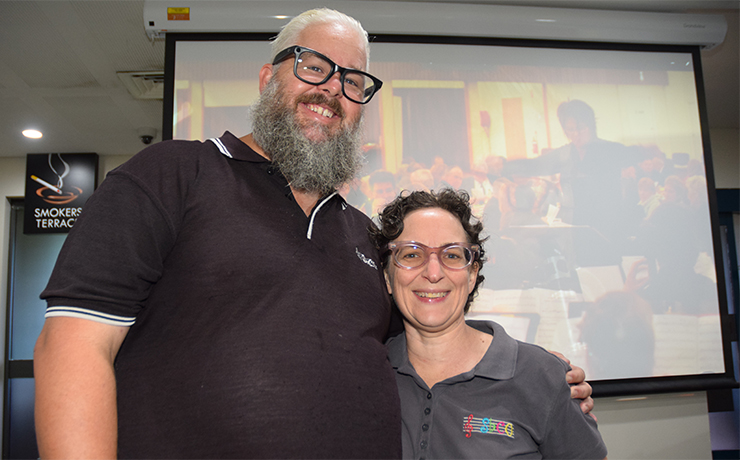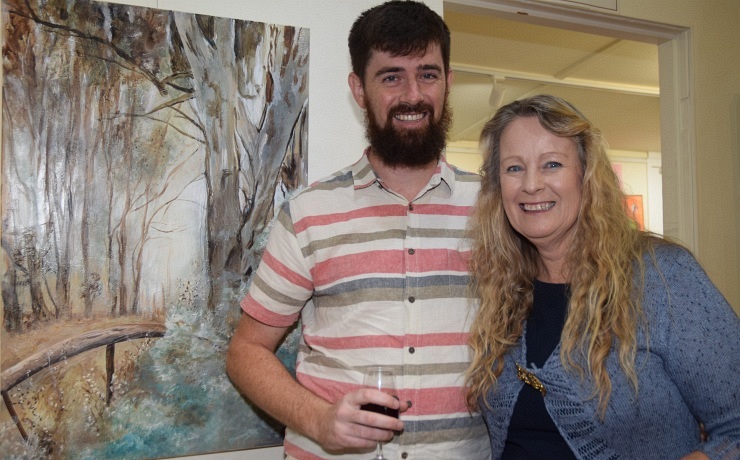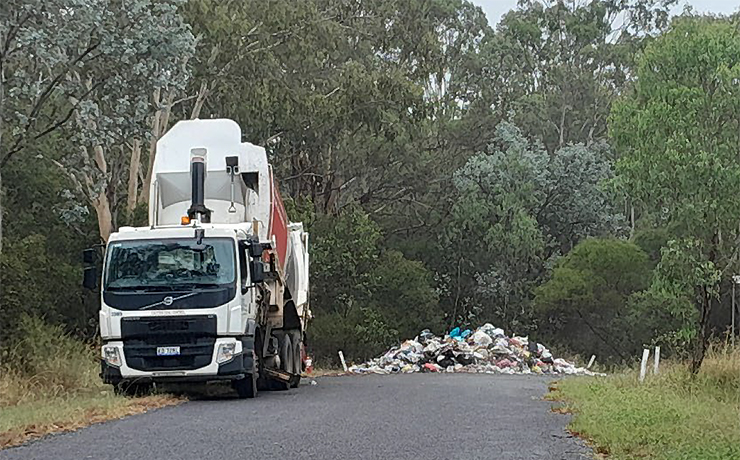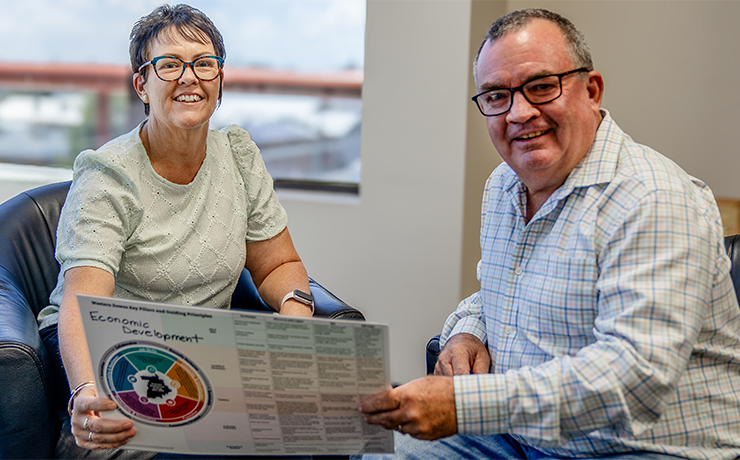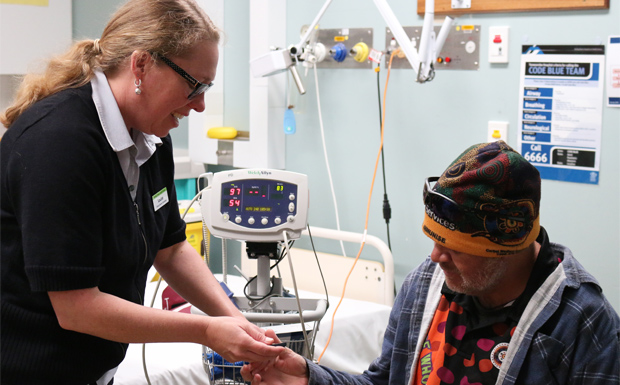
July 11, 2018
This week is not only NAIDOC Week, it’s also National Diabetes Week …
The coincidence seems fitting, as according to Diabetes Australia, Aboriginal and Torres Strait Islander people are almost four times more likely than non-Indigenous Australians to have diabetes or pre-diabetes.
Darling Downs Hospital and Health Service is marking National Diabetes Week by encouraging all South Burnett residents to become aware of diabetes symptoms and get regular medical checks.
DDHHS Nurse Manager Louise Moran said Diabetes Queensland statistics showed that up to 500,000 Australians and 100,000 Queenslanders were unaware they have Type 2 diabetes.
“Diabetes is a significant health issue in our region, with 5.5 per cent of people living within DDHHS boundaries diagnosed with either Type 1 or Type 2 diabetes,” Ms Moran said.
“This is higher than the national average of 5.1 per cent and the Queensland average of 4.7 per cent.
“This leads me to believe that there is probably also a high rate of people in our region with undiagnosed diabetes.”
Ms Moran said too many Australians were being diagnosed with diabetes too late, putting many people at risk of major life-threatening health problems.
“Type 2 diabetes is the fastest growing chronic condition in Australia,” she said.
“In 60 per cent of Type 2 diabetes cases, early diagnosis can prevent serious complications such as blindness, kidney or cardiovascular disease and lower limb amputations.
“In Type 1 diabetes cases, any delay in diagnosis increases the risk of the medical emergency of diabetic ketoacidosis.
“As part of National Diabetes Week, we are raising awareness of the Four Ts that could be early signs that you have diabetes.”
The Four Ts are:
- Thirsty – Are you really thirsty and unable to quench that thirst?
- Toilet – Are you going to the toilet a lot?
- Tired – Are you more tired than usual?
- Thinner – Have you recently lost weight?
Ms Moran said anyone who recognised any of the Four Ts, should see a doctor straight away.
“You can also be proactive about your health and reduce your risk of developing Type 2 diabetes by eating a healthy diet that is low in sugars and exercising regularly,” she said.












